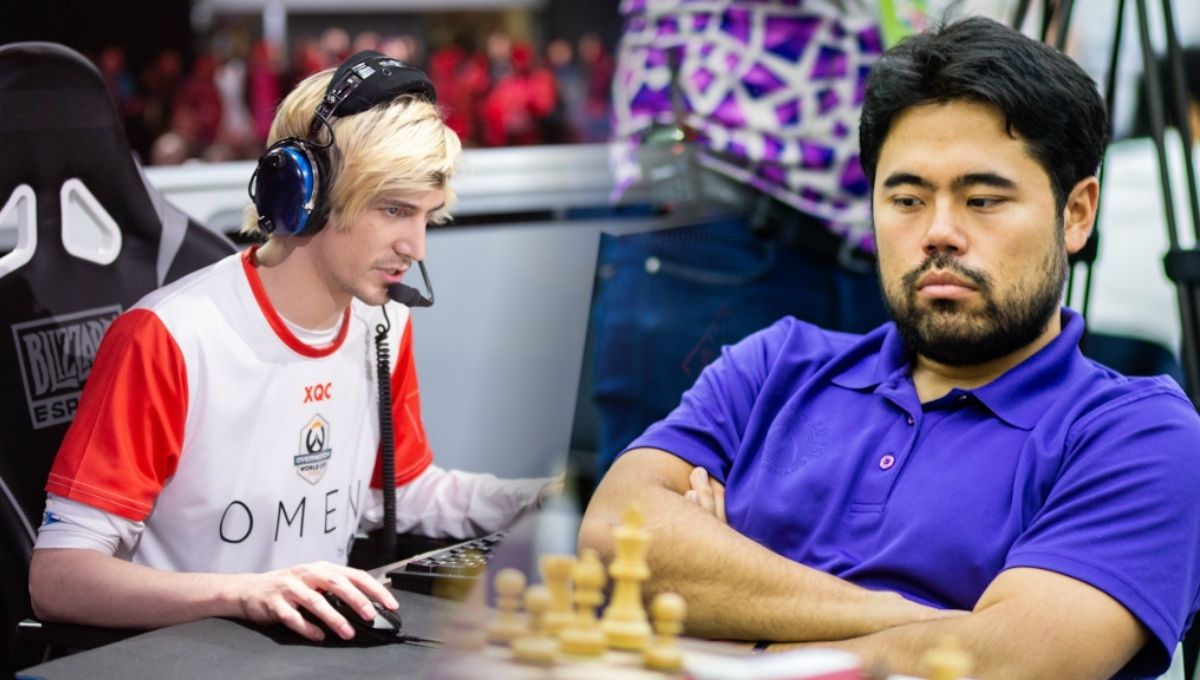Chess elitism refers to the attitude among some experienced players who are dismissive or unwelcoming toward newcomers or less skilled players. These individuals often view chess as a noble pursuit—one that should be reserved only for the highly skilled.
According to this view, beginners or casual players shouldn’t teach, stream, or even play the game seriously, whether online or offline.
Hikaru Nakamura’s Take on Elitism
Grandmaster Hikaru Nakamura, one of the most prominent figures in the chess world, has spoken openly about this issue. While he doesn’t support elitism, he admits that he’s occasionally fallen into that mindset himself.
However, he clarifies that he never intended to come across as condescending. Once he realized how his behavior might be perceived, he consciously stopped doing it.
Hikaru also points out that it’s natural for players of similar skill levels to spend more time together, and this tendency isn’t unique to elite players. Even club-level players rated around 2100 often form their own social circles.
In the videos below, Hikaru reacts to the issue of elitism and expresses appreciation for those challenging it.
He emphasizes that for chess to grow, it must be more inclusive—and that means welcoming people from other backgrounds, even those who are new to the game or come from different fields like entertainment or streaming.
Hikaru reacting to Agadmator’s views on chess elitism starting at 5:33 in the video below:
Examples of Elitism and Gatekeeping in the Chess World
Like many competitive and intellectual spaces, the chess community isn’t immune to elitism. Here are some common ways it shows up:
- Unequal Access to Resources
Top-tier coaching, training platforms, and tournament participation often come with a price tag. Not everyone can afford these, which creates a barrier to entry and advancement. - Tournament Restrictions
Many chess tournaments are open only to high-rated or titled players, leaving less experienced players with fewer opportunities to gain experience and visibility. - Cultural and Gender Barriers
Historically, chess has been a male-dominated and culturally homogeneous space. This exclusivity can discourage women and people from underrepresented backgrounds from getting involved. - Rating-Based Bias
The ELO rating system, while useful for matchmaking, can contribute to elitism. Lower-rated players are sometimes dismissed or excluded simply because of their numbers. - Unwelcoming Club Environments
Some chess clubs have an elitist or cliquish atmosphere that can make newcomers feel out of place or undervalued. - Cliques and Social Circles
Exclusive groups can form among players, especially in online communities or at clubs, making it tough for outsiders to break in or be taken seriously. - Lack of Diversity
The under representation of women and minority groups in chess isn’t just a reflection of broader societal issues—it’s also a result of unwelcoming attitudes within the community itself.
Why Inclusivity Matters?
For chess to truly grow and thrive, it needs to be accessible and welcoming to everyone, regardless of skill level, background, or identity.
Embracing diversity and encouraging broader participation will help the game reach new audiences and evolve in exciting ways.
